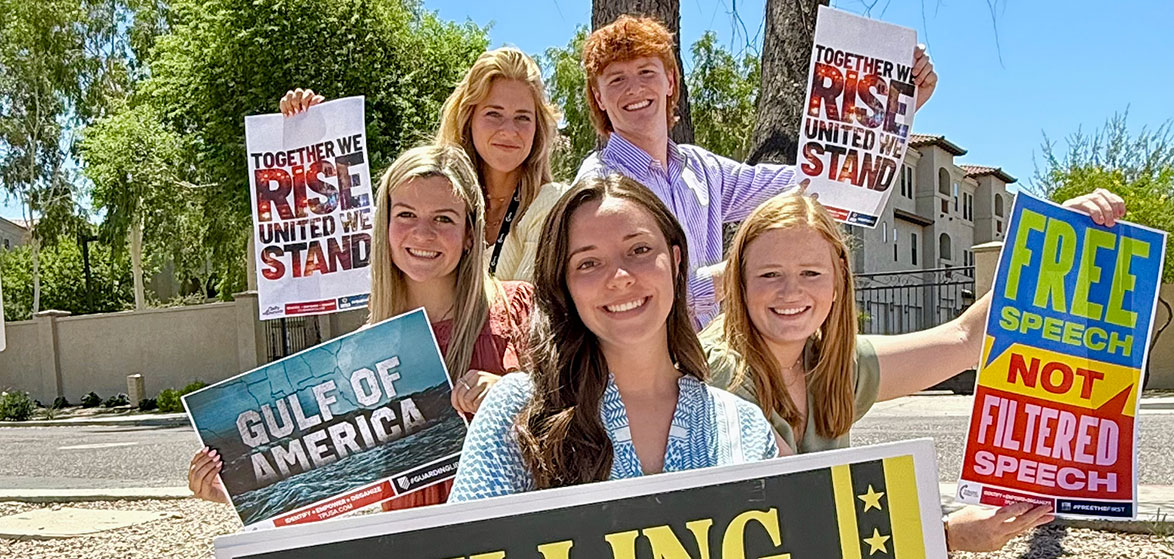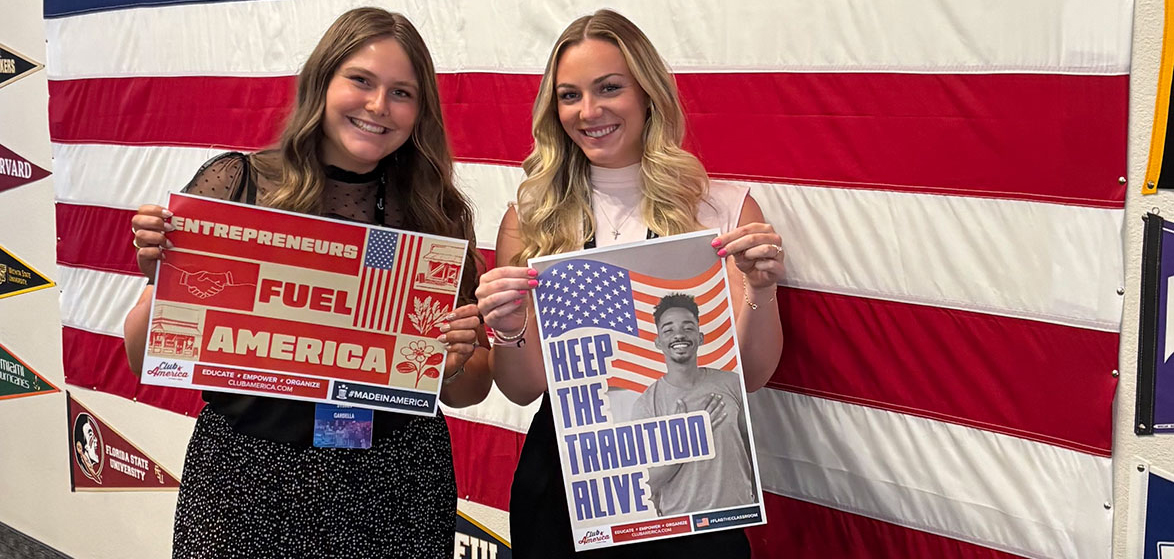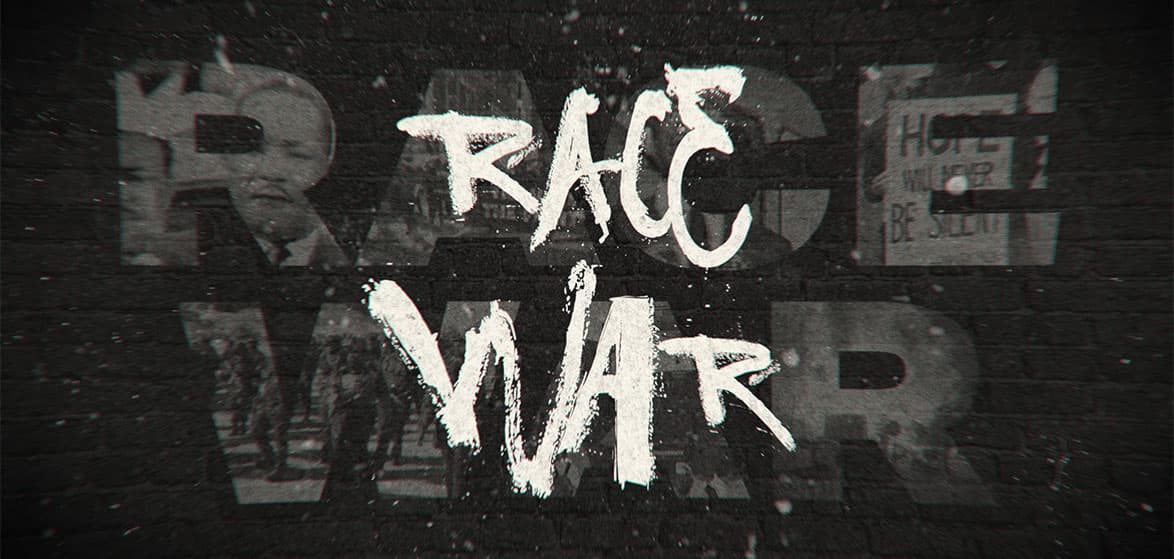
On Thursday, the presidents of Northwestern University and Rutgers University appeared before the House Education and Workforce Committee to defend their handling of pro-Palestinian encampments on their campuses.
Northwestern University President Michael Schill and Rutgers University President Jonathan Holloway explained their decision to negotiate with student protesters rather than using police force to remove the encampments. Schill emphasized the importance of finding a safe and effective resolution, stating, “The police solution was not going to be available to us to keep people safe, and also may not be the wisest solution as we’ve seen at other campuses across the country.”
The university presidents faced harsh criticism from committee members, particularly from Representative Virginia Foxx of North Carolina, the committee chair. Foxx accused Schill and Holloway of allowing antisemitic actions to take place, thereby failing to protect Jewish students.
“Each of you should be ashamed of your decisions that allowed antisemitic encampments to endanger Jewish students,” Foxx claimed. “Mr. Schill and Dr. Holloway, you should be doubly ashamed for capitulating to the antisemitic rule breakers.”
Despite the protests, neither university agreed to divest finances from Israel, a key demand of the protesters. However, Rutgers agreed to discuss the topic, while Northwestern formed a committee on “investment responsibility” to explore it further. Both institutions also assured that no retaliation would occur against students participating in the protests.
Holloway defended the decision to reach a compromise, explaining ,”We made a choice — that choice was to engage our students through dialogue as a first option instead of police action.
“We had seen what transpired at other universities and sought a different way.”
Schill explained that the protesters were willing to compromise, noting that they did not insist on divestment. Instead, he agreed to designate a space for Muslim students. “We had students who were willing to negotiate and gave up their demands,” Schill said. “We said no, nothing that singles out Israel. Let’s think about what will make the university stronger.”
“I would never recommend to the Board of Trustees divestment of anything or any academic boycott of Israel,” he added.
However, in response to this Foxx still argued that Schill “created the perception” of endorsing divestment and that it “encouraged other universities to cave on this.”
The hearing was part of ongoing congressional scrutiny regarding antisemitism in higher education institutions. Notably, this committee grilled former Harvard President Claudine Gay earlier this year, where she refused to admit if antisemitism on campus was a violation of Harvard’s code of conduct.















